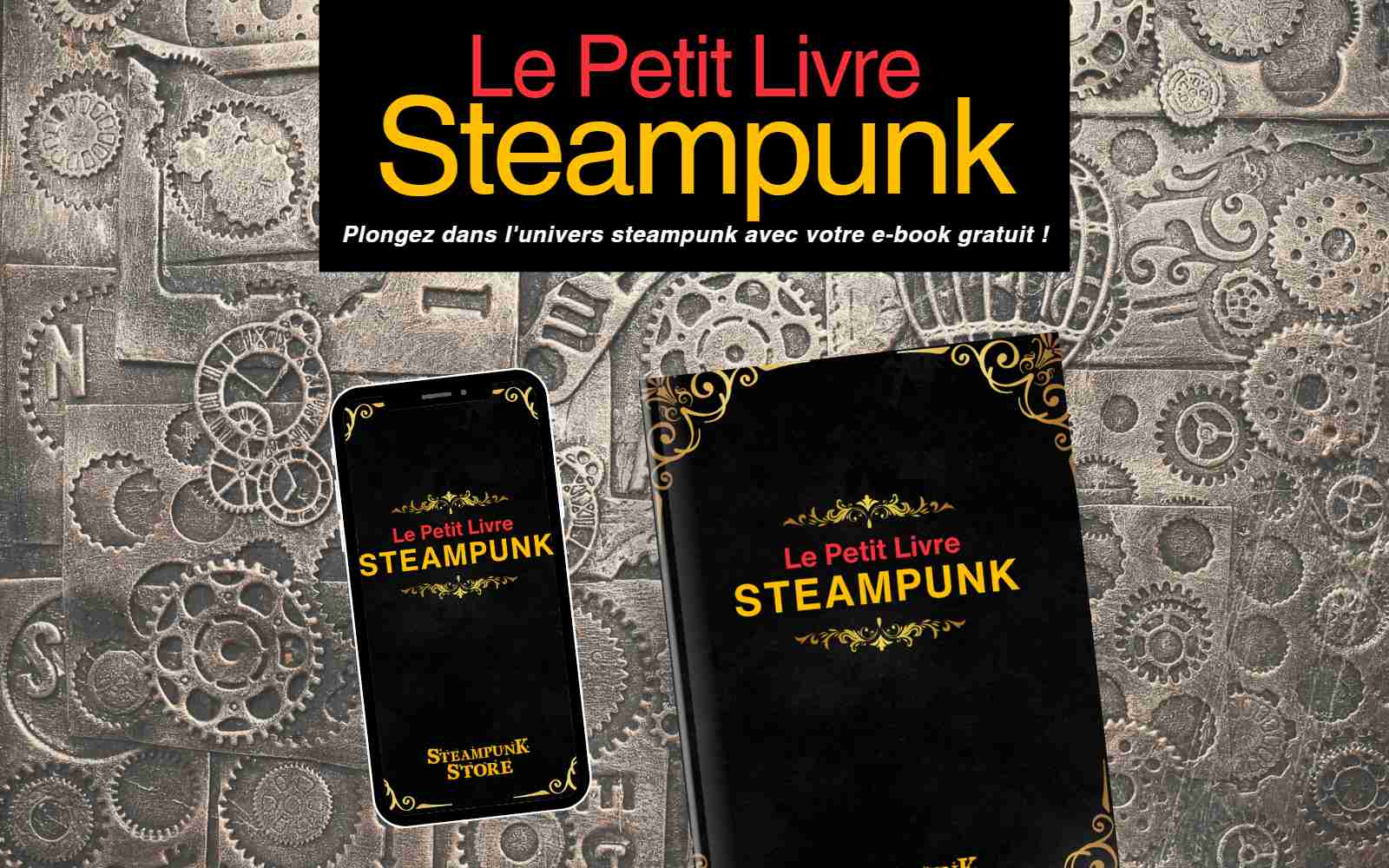Do You Know Gothic Music?

Gothic music represents far more than a mere musical genre—it constitutes a profound cultural archaeology of human emotion. This rich and intellectually complex artistic phenomenon weaves together diverse influences, ranging from classical romanticism to punk rebellion, from symphonic grandeur to electronic minimalism. The distinctive sonic characteristics of Gothic culture render it a genre with an extraordinarily nuanced historical trajectory, one that continues to evolve and challenge conventional aesthetic boundaries.
Defining the Gothic Musical Paradigm
Gothic music emerges as a sophisticated synthesis of post-punk nihilism and Romantic aesthetic philosophy. Characterized by its exploration of existential themes through innovative sonic architectures, this genre employs minor keys, atmospheric production techniques, and introspective lyricism to create what musicologists term "beautiful darkness"—a paradoxical aesthetic that finds sublime beauty in melancholy, transcendence in transgression.
In this comprehensive analysis, we shall traverse the genealogical pathways and historical metamorphoses of Gothic music, examining both its foundational architects and contemporary practitioners. We shall also investigate its profound cultural resonance within popular consciousness, exploring how this movement continues to shape artistic expression across multiple media landscapes.
1. Archaeological Origins and Historical Evolution of Gothic Music

The genesis of Gothic music can be traced to the revolutionary ferment of the 1970s, emerging from the deconstructed remains of the British punk movement. However, this cultural phenomenon truly crystallized during the liminal period between the late 1970s and early 1980s, when punk's raw energy underwent a philosophical transmutation into something far more sophisticated and introspective.
This metamorphosis occurred simultaneously across multiple urban epicenters—London, Los Angeles, Manchester—creating what cultural theorist Benedict Anderson might recognize as an "imagined community" of aesthetic rebels. The Gothic movement represented a dialectical response to punk's nihilism, transforming destruction into creation, chaos into carefully orchestrated beauty.
The Philosophical Foundations of Gothic Consciousness
Gothic music functions as one manifestation of a broader Gothic cultural paradigm—a counter-hegemonic movement that has persisted across centuries. This contemporary iteration developed from the 1970s as a sophisticated response to the perceived spiritual bankruptcy of late capitalism.
Gothic culture encompasses multidisciplinary elements: visual arts, fashion, literature, and architecture, unified by themes exploring the liminal spaces between life and death, sacred and profane, beauty and decay. Devotees of Gothic music have constructed elaborate lifestyle aesthetics characterized by dark sartorial choices, dramatic cosmetic artistry, and unconventional personal presentation. Our analysis of Gothic feminine expression reveals the sophisticated ways this aesthetic challenges normative beauty standards.
Thematic Architectures and Stylistic Taxonomies
Gothic music represents a sophisticated philosophical praxis spanning multiple decades, inspiring robust subcultural formations. The primary thematic preoccupations explore liminal territories: shadow, mortality, existential isolation. These concepts manifest through carefully constructed sonic landscapes employing pristine guitar textures, ethereal synthesizer arrangements, and rhythmic structures borrowed from diverse instrumental traditions including piano and brass sections.
The seminal composition "A Forest" by The Cure exemplifies what many practitioners consider quintessential Gothic expression—its lyrical content articulating the familiar existential anxieties that characterize this aesthetic movement. However, serious scholars recognize far greater philosophical depth: an acute awareness of contemporary civilization's spiritual crisis and an imaginative transcendence that transports listeners into alternative ontological realms.
Taxonomic Analysis of Gothic Musical Expressions:
Gothic Rock: This foundational subgenre draws upon classical rock traditions, featuring distorted guitar work, heavy rhythmic foundations, and darkly introspective lyrical content. Iconic practitioners such as The Cure and The Sisters of Mercy established this template.
Electronic Gothic/Darkwave: Emphasizing synthesizer technology and electronic processing, this variant creates uniquely atmospheric sonic environments. Pioneering groups like Depeche Mode and Covenant explored these electronic territories.
Gothic Metal: A hybrid formation combining metal's instrumental intensity with Gothic's thematic preoccupations. Artists like Type O Negative and Cradle of Filth exemplify this synthesis of power and melancholy.
Gothic Punk/Deathrock: Fusing punk's raw energy with Gothic sensibilities, characterized by aggressive instrumentation and dark lyrical content. Groups such as AFI and The Misfits demonstrate this particular synthesis.
Evolutionary Trajectories of Gothic Musical Expression

Gothic music has undergone continuous metamorphosis, reflecting broader cultural transformations and technological innovations. Consider these crucial evolutionary moments:
- Foundational Period (Mid-1970s): Gothic music emerged through British post-punk innovators—Bauhaus, Siouxsie and the Banshees, Joy Division. These pioneers synthesized post-punk aesthetics with Gothic rock elements, creating the characteristic dark, melancholic soundscapes that would define the genre.
- Commercial Ascendancy (1980s): The decade witnessed Gothic music's transformation into a distinct commercial category achieving significant mainstream recognition. Legendary groups emerged: The Cure, The Sisters of Mercy, Fields of the Nephilim. This era's Gothic expression featured extensive synthesizer usage and electronic effects alongside characteristically dark, introspective lyricism.
- Subcultural Diversification (1990s): Gothic music continued evolving, generating new subcultural variants including cybergoth and steampunk aesthetics. Notable practitioners included Christian Death, The Mission, and Rosetta Stone. This period's Gothic music adopted increasingly aggressive, harder sonic approaches.
- Millennium Expansion (2000s): The new century brought further diversification with emergent subcultures like deathrock and horrorpunk. Successful groups including AFI, Lord of the Lost, and The 69 Eyes gained prominence. Modern production techniques and politically conscious lyrics characterized this era's contributions.
- Contemporary Innovations (2010-Present): Current Gothic music demonstrates unprecedented stylistic diversity with new variants including darkwave and coldwave. Contemporary practitioners like Motionless In White, Ghost, and Lord of the Lost explore sonic territories ranging from classical Gothic rock through electronic and industrial sounds to metal and punk fusion.
2. Legendary Architects and Contemporary Practitioners of Gothic Expression

Gothic music has been shaped by visionary artists and groups whose innovative contributions established the philosophical and aesthetic foundations of this movement. The foundational architects include The Cure, Joy Division, Bauhaus, Siouxsie and the Banshees, and Sisters of Mercy. Additional significant contributors deserve recognition: The Damned, Type O Negative, My Chemical Romance, Rob Zombie, and AFI. These artists and ensembles created distinctive sonic signatures that not only defined Gothic aesthetics but also influenced countless musicians across diverse genres worldwide.
Contemporary Gothic music continues inspiring new generations of listeners and artists. Current innovators like The Horrors, The Black Queen, and Motionless In White are considered pioneers of modern Gothic expression, their unique stylistic approaches garnering devoted international followings.
The Pantheon of Gothic Musical Innovation:
Bauhaus stands as perhaps the most influential and iconic Gothic ensemble in musical history. Formed in 1978 in Northampton, England, this group pioneered the synthesis of post-punk and Gothic aesthetics, creating an unmistakable and enduring sonic signature. The lineup featured Peter Murphy (vocals), Daniel Ash (guitar), Kevin Haskins (drums), and David J (bass). Their most celebrated compositions include "Bela Lugosi's Dead," "Dark Entries," and "She's in Parties."
Siouxsie and the Banshees represents a British Gothic ensemble formed in 1976, initially recognized for their punk aesthetic before evolving toward more sophisticated Gothic soundscapes. The group comprised Siouxsie Sioux (vocals), Steven Severin (bass), John McKay (guitar), and Kenny Morris (drums). Their most celebrated works include "Hong Kong Garden," "Kiss Them for Me," and "Peek-a-Boo."
The Cure constitutes a British Gothic music ensemble formed in 1976 in Crawley, England. This group achieved legendary status as one of the most popular and influential bands within the Gothic movement during the 1980s, with classic compositions such as "Boys Don't Cry," "Lovesong," and "Friday I'm in Love." The band continues under Robert Smith's leadership (vocals, guitar, primary songwriter), with current members including Simon Gallup (bass), Jason Cooper (drums), and Reeves Gabrels (guitar).
Joy Division emerged as a British Gothic ensemble formed in 1976 in Manchester, England. The group gained recognition for their post-punk and Gothic innovations, particularly the distinctive vocal artistry of lead singer Ian Curtis. Additional members included Bernard Sumner (guitar), Peter Hook (bass), and Stephen Morris (drums). Their most celebrated compositions include "Love Will Tear Us Apart," "She's Lost Control," and "Transmission."
The Sisters of Mercy represents a British Gothic music group formed in 1980 in Leeds, England. This ensemble gained recognition for their Gothic rock aesthetic and melancholic compositions, alongside their controversial stage persona. Andrew Eldritch (vocals, primary songwriter) led the group, with other members including Wayne Hussey (guitar) and Craig Adams (bass). Their most celebrated works include "Temple of Love," "This Corrosion," and "Lucretia My Reflection."
3. Contemporary Gothic Music and Cultural Influence

Contemporary Gothic music demonstrates remarkable vitality and innovation. Consider these significant modern practitioners:
AFI (A Fire Inside) represents an American Gothic music ensemble formed in 1991 in Ukiah, California. The group achieved considerable success with albums such as "Burials" (2013) and "AFI (The Blood Album)" (2017), demonstrating Gothic music's continued evolution and commercial viability.
Lord of the Lost constitutes a German Gothic music group formed in 2007 in Hamburg, achieving significant recognition with albums including "Thornstar" (2018) and "Until the End" (2020).
Motionless In White represents an American Gothic music ensemble formed in 2005 in Scranton, Pennsylvania, gaining substantial success with albums such as "Infamous" (2012) and "Disguise" (2019).
Ghost emerges as a Swedish Gothic music ensemble formed in 2006 in Linköping, achieving considerable acclaim with albums such as "Meliora" (2015) and "Prequelle" (2018), demonstrating Gothic music's continued capacity for innovation and mainstream appeal.
Gothic Music's Penetration of Popular Culture

Gothic music has exercised profound influence upon popular culture since its emergence. Gothic ensembles of the 1980s and 1990s fundamentally shaped contemporary cultural aesthetics while establishing the iconic visual language associated with this movement. These pioneering artists inspired numerous musical genres, including alternative rock and electronic body music.
Today, Gothic music maintains remarkable popularity while continuing to inspire artists across diverse musical territories. Contemporary groups such as AFI and My Chemical Romance are recognized as modern Gothic innovators, while artists including Marilyn Manson, Nine Inch Nails, and Rob Zombie have facilitated the genre's global popularization.
Gothic Music's Multimedia Manifestations

Gothic music frequently appears in cinema, television, and video games to create atmospheric effects and emotional resonance, blending seamlessly with various artistic influences. Numerous acclaimed films and television series have employed Gothic music to evoke uncanny or mysterious atmospheres, including American Horror Story, Twin Peaks, and Beetlejuice.
Video games frequently utilize Gothic compositions to establish darker, more intriguing environmental atmospheres. Notable examples include the Castlevania series, Silent Hill franchise, and Dark Souls games. Gothic music also appears extensively in online role-playing games, including World of Warcraft and Guild Wars.
Many characters derived from Gothic influences—vampires, werewolves, and even the plague doctor—have achieved mainstream cultural recognition.
Finally, Gothic music is frequently used to enhance the ambiance of theme park attractions, particularly at Disneyland and Walt Disney World. Gothic music continues to inspire listeners and transport them into a colorful and mysterious world.
Goth music is a musical genre that emerged in the mid-1970s and has continued to evolve over time. It is closely related to goth culture, a counterculture movement that includes elements of gothic art, fashion, literature, and architecture.
Goth music has had many periods of success throughout its history, with many popular goth music bands emerging over the years. It is characterized by a dark and melancholic sound, as well as lyrics that often address dark and melancholic themes. Goth music is a musical genre that has adapted and evolved over time, reflecting changes in culture and society. It continues to fascinate and captivate many fans around the world.








